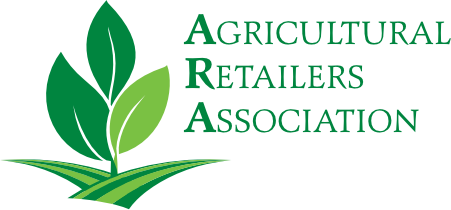PUBLIC POLICY PRIORITIES

Ag Labor & OSHA
The agricultural community is dependent on a sustainable workforce now more than ever.
Read More
Climate Stewardship & Sustainability Practices
Farmers look to ag retailers for advice to boost their yields, profits and offer agronomic insights to improve soil, water and other natural resources. ARA is a leading voice for ag retailers by providing sustainability programming for ag retailers.
Read More
Energy
ARA supports an all of the above approach to energy which includes oil, gas, and continued investment in biofuel to increase domestic natural gas production. ARA opposes internal combustion engine bans and restrictions along with electric vehicle mandates.
Read More
Homeland Security
Ag retailers work diligently to keep their employees, farmer customers, and communities safe by complying with strict environmental, health, safety and security regulations when storing, handling or transporting fertilizer products.
Read More
Modern Ag Crop Production Technologies
The federal government must make decisions based on sound science, peer-reviewed data, and by following a risk-based approach.

Transportation & Supply Chain
An economically efficient, effective intermodal transportation system is important for the financial well-being of agricultural business and rural communities throughout the U.S. Connectivity remains critical to supporting the competitive advantage that rural communities bring to the economy.
Read More
Pro-Growth Economic Policies for Rural America
ARA sees a need to support and advocate for pro-growth economic policies that will aid in our members finding a more business-friendly marketplace in which to operate.
Read More
Food Equity
Food equity is a concept that all people have the ability and opportunity to grow and consume healthy, nutritious and affordable food.
Read More
Farm Bill
Ag retailers and distributors are vital to the nation's food security success, and a Farm Bill that supports ARA members in their quest to serve farmer customers with the right crop inputs and preserves important safety nets is crucial.
Read MoreChemical Facility Anti-Terrorism Standards (CFATS)
Agr retailers store and sell fertilizers subject to Department of Homeland Security's Chemical Facility Anti-Terrorism Standards (CFATS), which ensures facilities have security measures in place to reduce security risks associated with these Chemicals of Interest. The CFATS program in its current form is authorized until July 27, 2023.
Read More